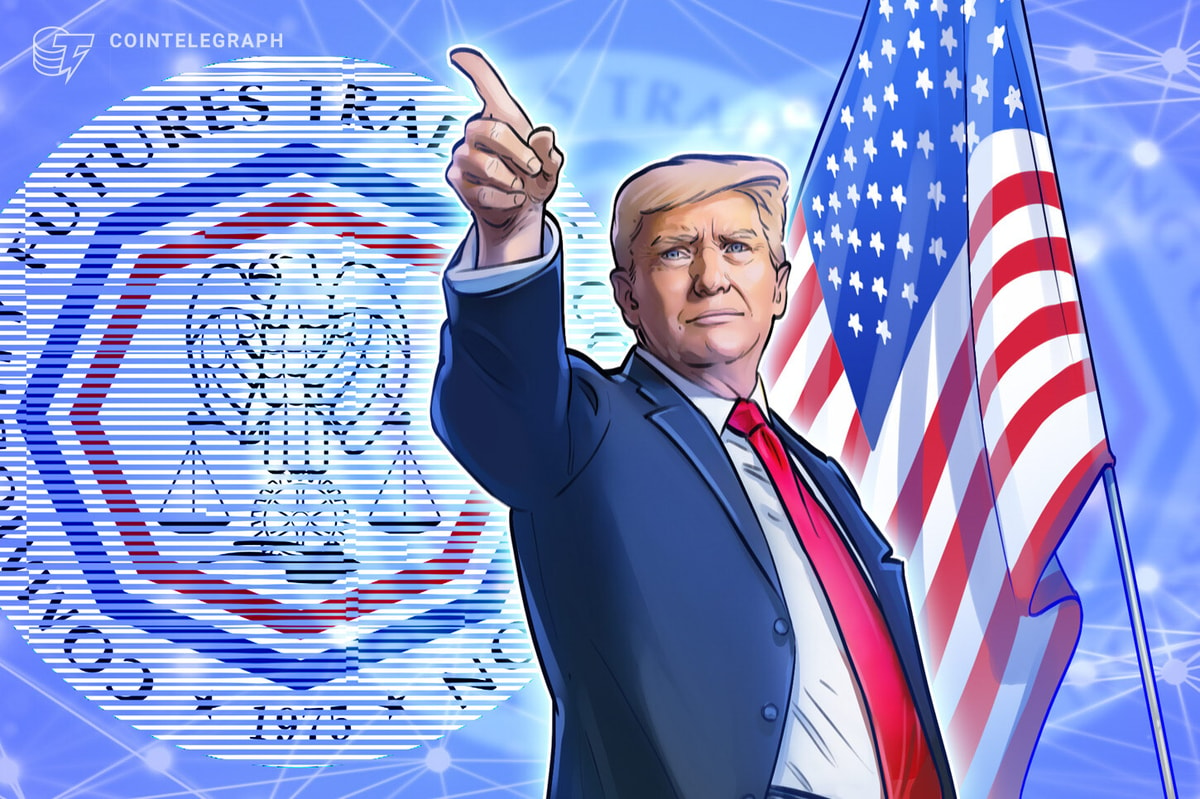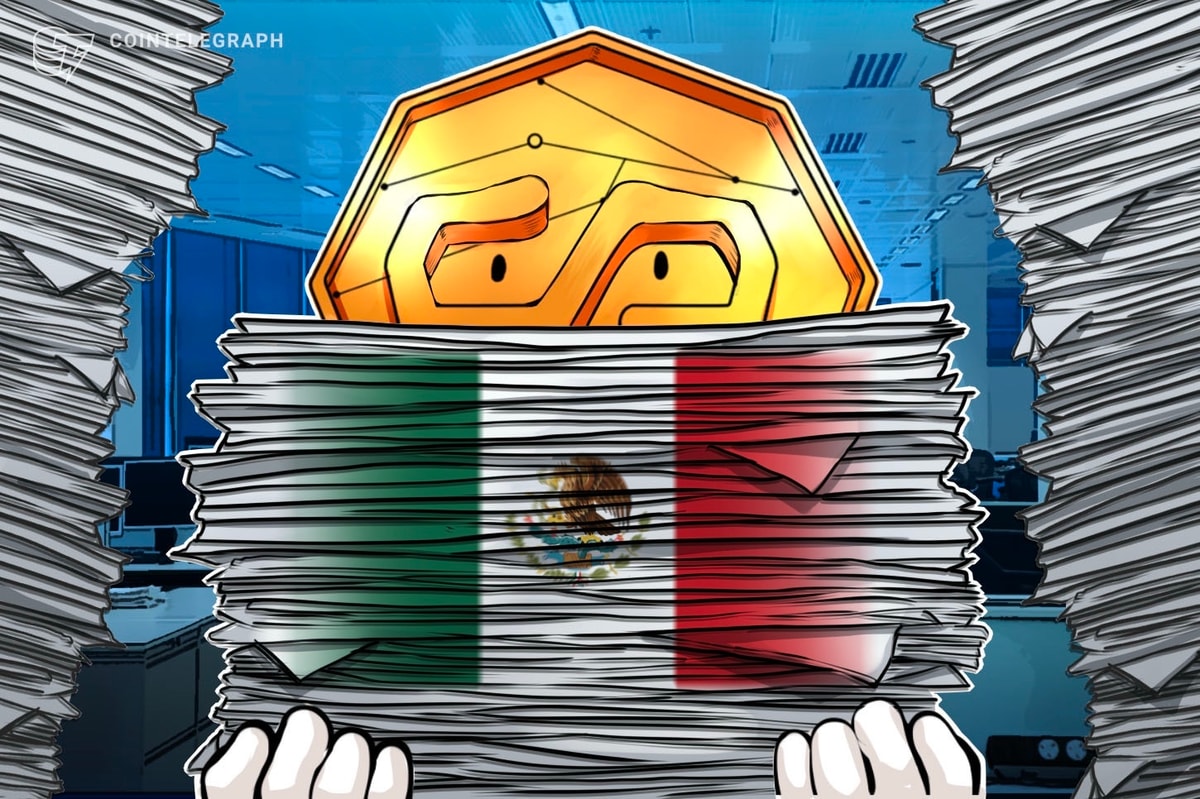The U.S. is another country currently working on stablecoin market regulations having introduced three drafts of the bill until June first week.
News
The Hong Kong Monetary Authority has completed a public consultation on stablecoin regulations with an aim to introduce clear regulatory guidelines around the stablecoin market by the end of 2024.
Joseph Chan Ho-Lim, deputy director of the Hong Kong Financial Services and Treasury Bureau, said that over the past five years, Hong Kong has emerged as a growing destination for fintech firms. Chan added that the Hong Kong authorities are actively working to promote the Web 3 ecosystem with a focus on investor protection.
Hong Kong started its stablecoin regulations in January 2022 where the KHMA has shared a list of eight questions to seek policy-related recommendations and cited five possible regulatory outcomes — no action, opt-in regime, risk-based regime, catch-all regime and blanket ban. A year later the regulatory discussions outright prohibited the incorporation of algorithmic stablecoin after the Terra-Luna debacle.
With the completion of the public consultation phase, the HKMA will be focusingon the areas of issuance, governance and stabilization.
Hong Kong this year alone has taken the crypto regulatory lead at a time when most of its Western counterparts are still taking a cautious approach to the nascent tech. The HKMA has not only opened crypto trading for retail traders but also started a licensing regime for crypto exchanges that require these businesses to adhere to strict anti-money laundering regulations.
Related: Stablecoins are the solution to crypto’s banking problem, exec says
Apart from Hong Kong, the United States House Committee is also looking to introduce formidable regulations around the stablecoin market. The U.S House Committee has introduced three draft stablecoin bills in 2023 with the latest one proposing key powers to the Federal Reserve with some power to state authorities to intervene.
The approach of local regulators in the two countries couldn’t have been different. On one hand, Hong Kong regulators are actively pursuing to make the country a crypto hub, the actions of US regulators might force many established businesses to move out including stablecoin issuers. The U.S. Securities and Exchange Commission has accused several stablecoin issuers of violating securities law and has filed a lawsuit against Binance and its stablecoin BUSD issued by Paxos.
Magazine: Bitcoin is on a collision course with ‘Net Zero’ promises







